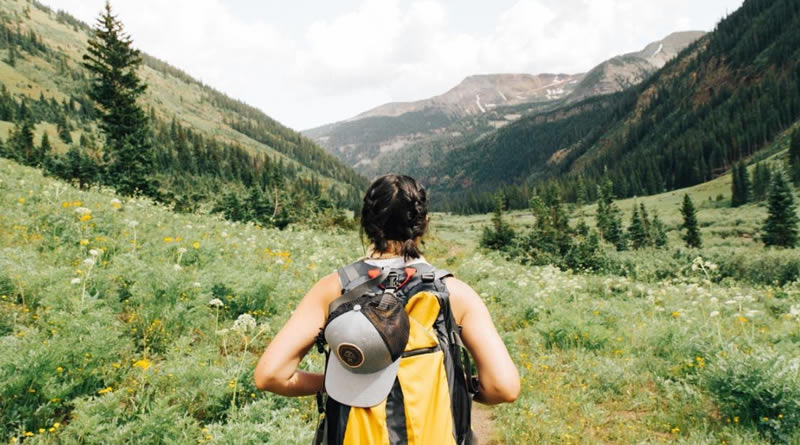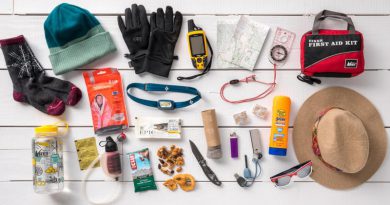Essential Safety Precautions for Outdoor Living
Living in the great outdoors offers a wonderful opportunity to connect with nature and experience a fulfilling lifestyle. However, it is important to prioritize safety and take necessary precautions to ensure a secure outdoor living experience. In this article, we will explore some fundamental safety measures that are crucial for outdoor enthusiasts.
1. Familiarize Yourself with the Environment
Before embarking on your outdoor adventure, take the time to research and understand the environment you’ll be living in. Study maps, learn about local weather patterns, and be aware of potential hazards such as wildlife, poisonous plants, or dangerous terrain. This knowledge will help you make informed decisions and stay prepared.
2. Adequate Gear and Equipment
Having the right gear and equipment is essential for outdoor safety. Invest in high-quality camping gear, including a reliable tent, sleeping bags suitable for the climate, and appropriate clothing and footwear. Additionally, carry essential items such as a first aid kit, fire extinguisher, and emergency communication devices. Proper gear ensures you are equipped to handle unexpected situations.
3. Emergency Preparedness
Prepare for emergencies by familiarizing yourself with basic first aid techniques and wilderness survival skills. Learn how to start a fire, build a shelter, and navigate using a compass or GPS device. Having a whistle or signaling mirror can be invaluable in attracting attention during emergencies. Stay updated on weather forecasts and be prepared to adapt your plans accordingly.
4. Personal Safety Measures
Personal safety should always be a priority in outdoor living. Inform someone reliable about your plans, including your expected return time and the locations you’ll be visiting. Carry identification and emergency contact information. Avoid solo adventures whenever possible, as having a companion increases safety. Stay alert and trust your instincts, avoiding situations that feel unsafe or uncomfortable.
5. Wildlife Awareness
Encountering wildlife can be an exciting part of outdoor living, but it is essential to approach them with caution and respect their natural habitat. Learn about local wildlife and their behaviors, keeping a safe distance and never feeding or approaching them. Proper food storage techniques, such as using bear-resistant containers, help prevent attracting wildlife to your campsite.
6. Leave No Trace
Responsible outdoor living involves minimizing your impact on the environment. Practice Leave No Trace principles, such as packing out all trash, using designated campsites, and respecting wildlife and vegetation. Leave natural and cultural artifacts untouched, allowing future visitors to experience the same wonders.
7. Weather Monitoring
Weather conditions can change rapidly in outdoor environments, affecting safety. Keep a close eye on weather forecasts before and during your outdoor living experience. Be prepared for extreme weather events and have appropriate gear to protect yourself from rain, wind, or intense heat.
By following these fundamental safety measures, you can ensure a secure and enjoyable outdoor living experience. Remember, safety should always be a top priority, allowing you to fully immerse yourself in the wonders of nature with peace of mind.
Stay prepared, respect the environment, and embrace the adventure that awaits in the great outdoors!




